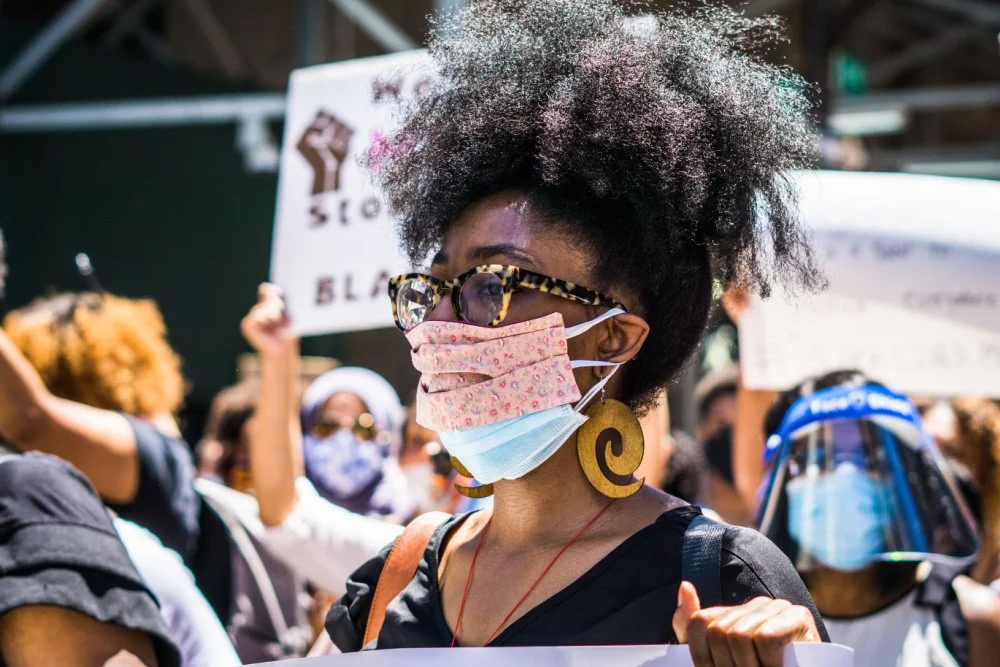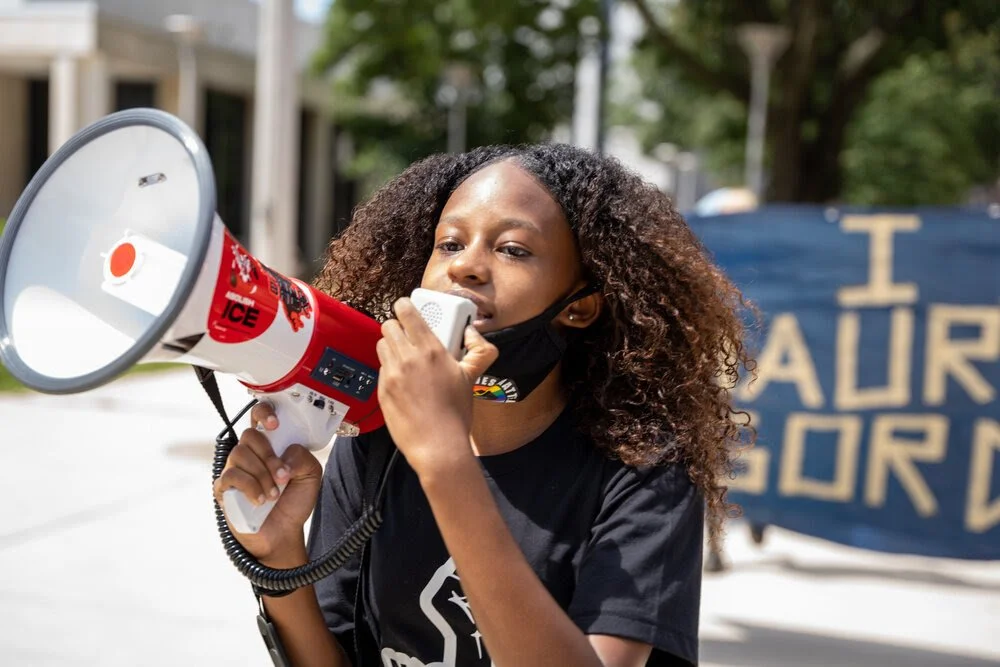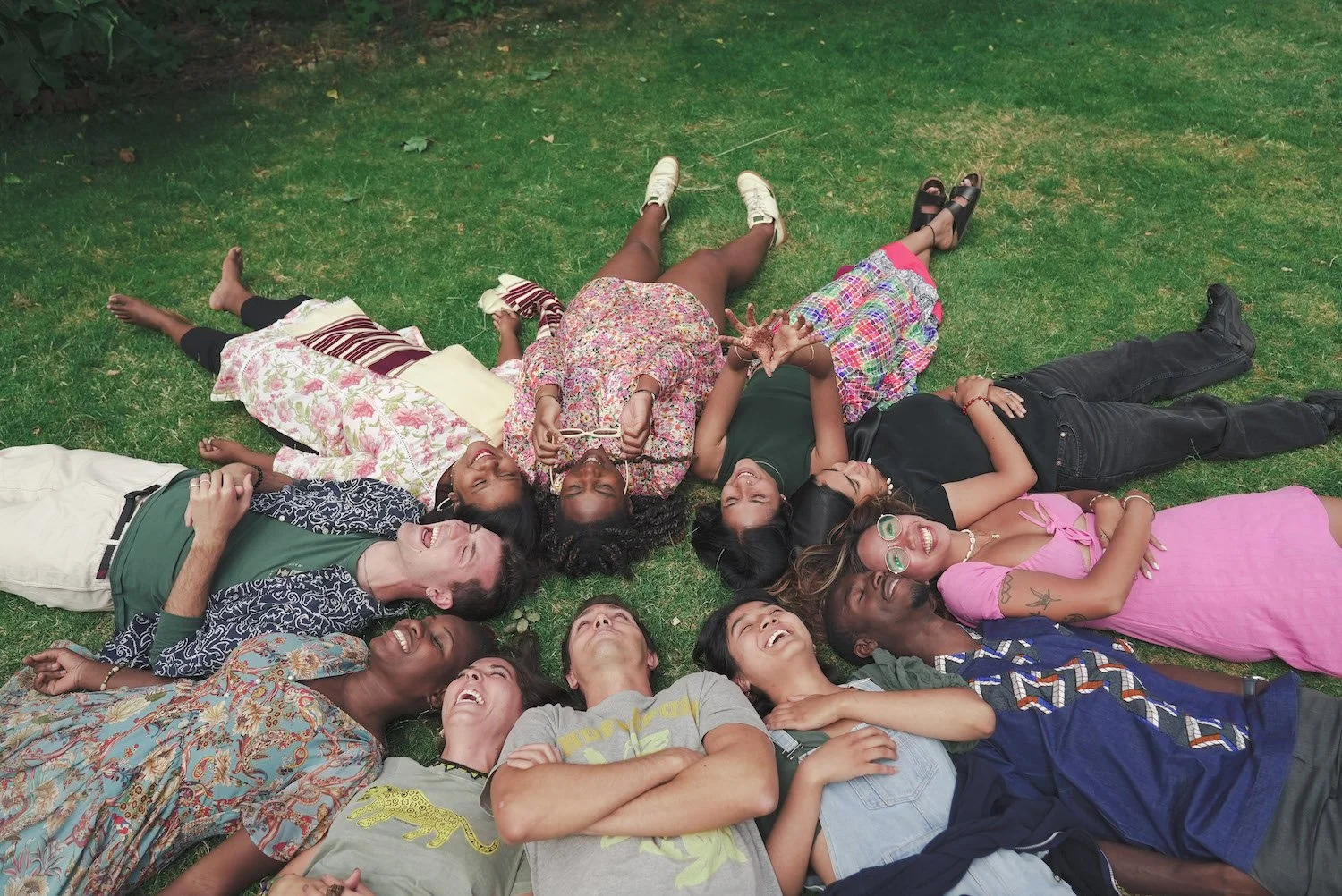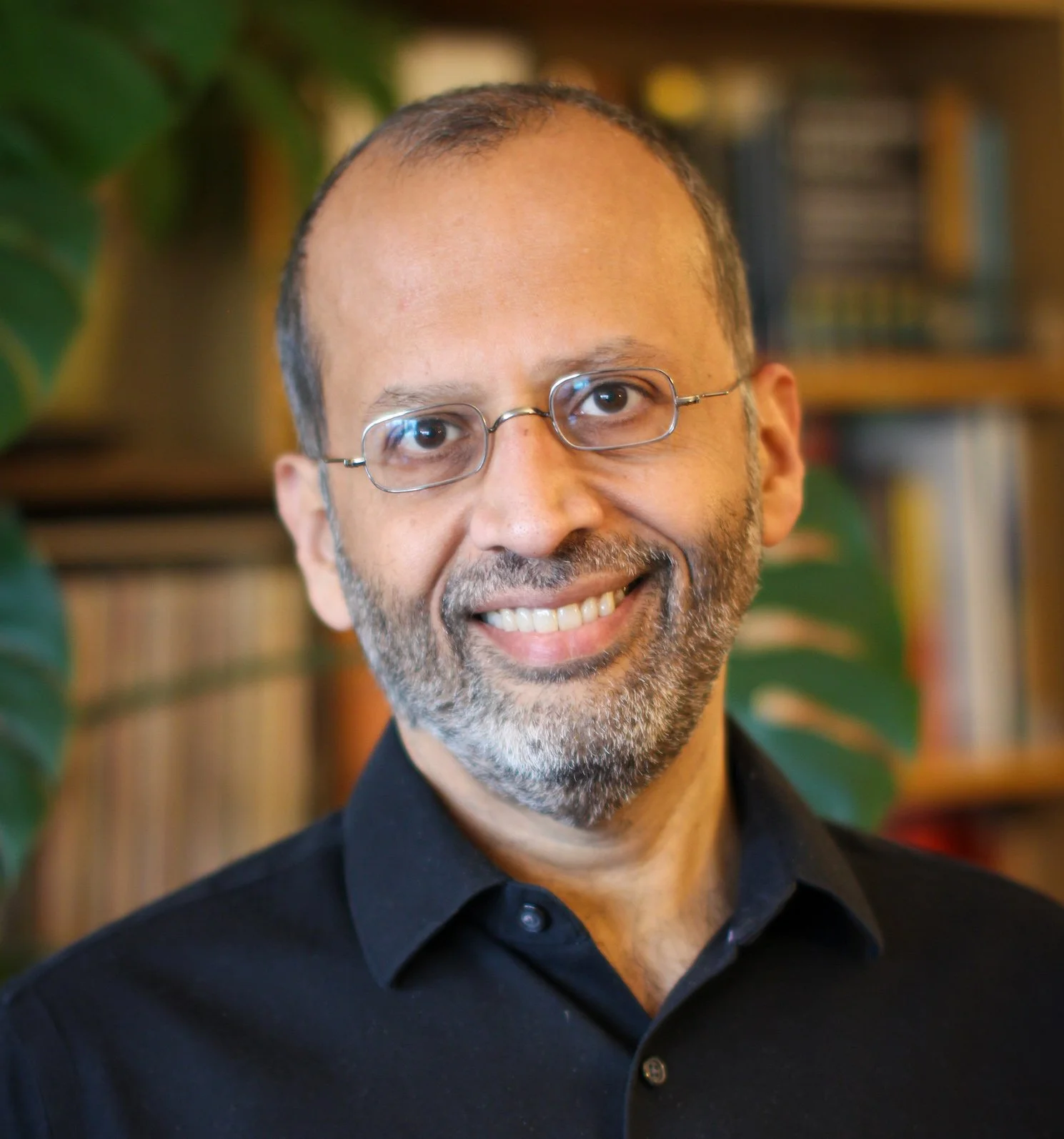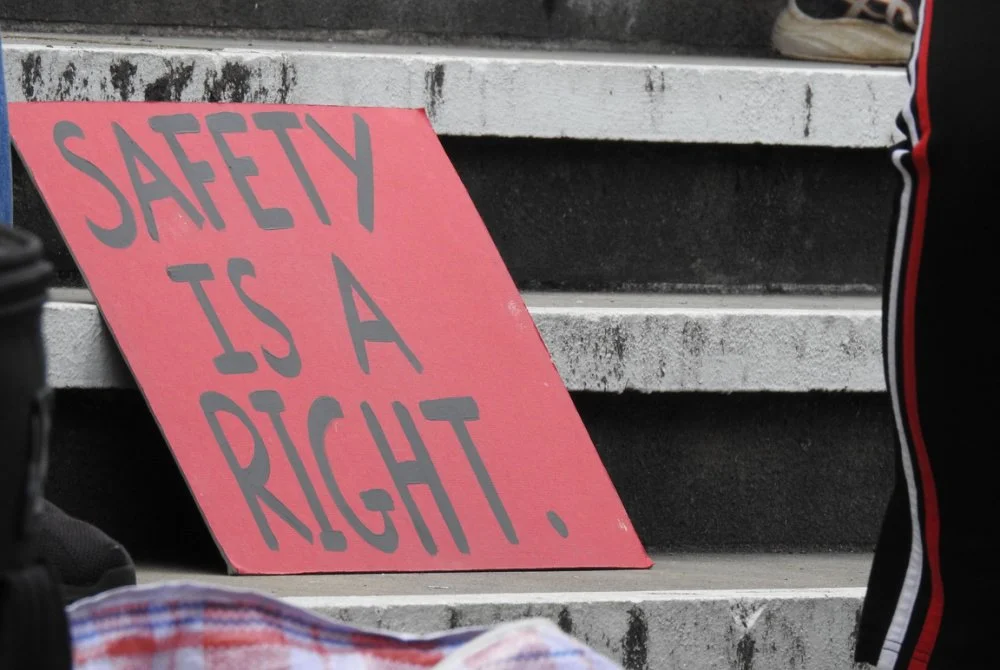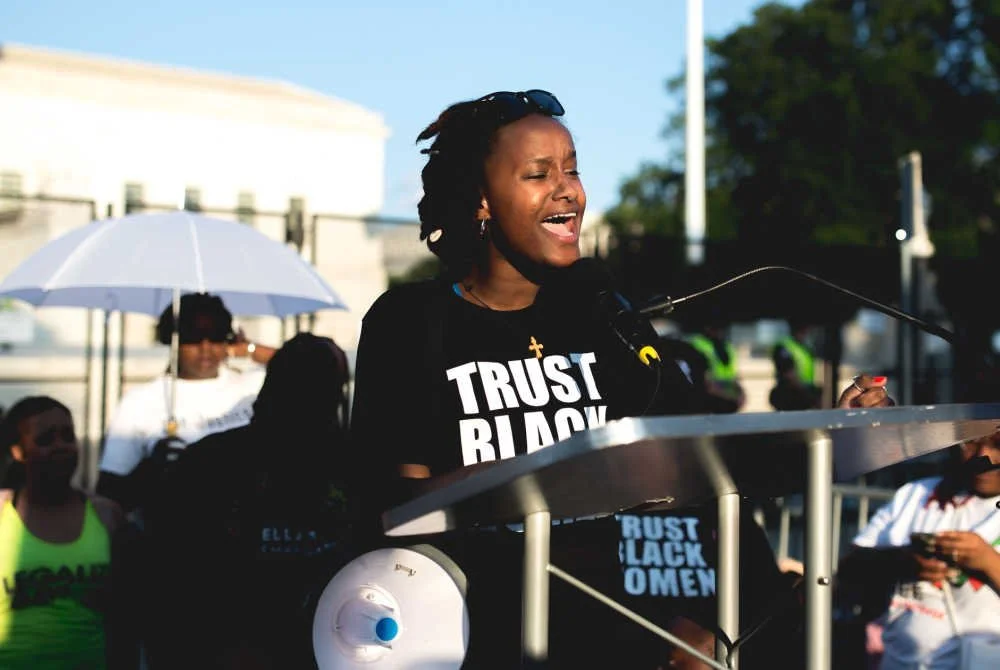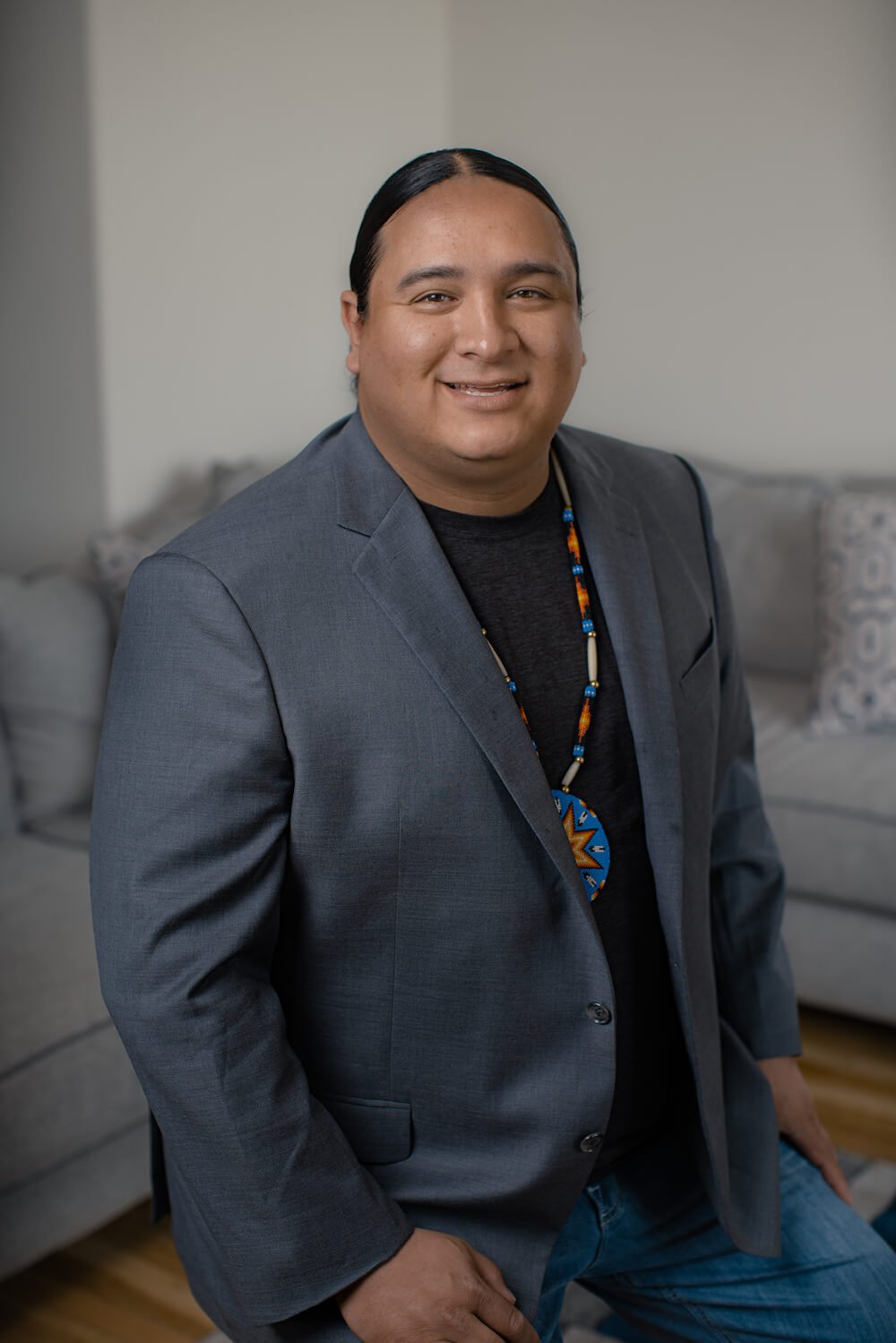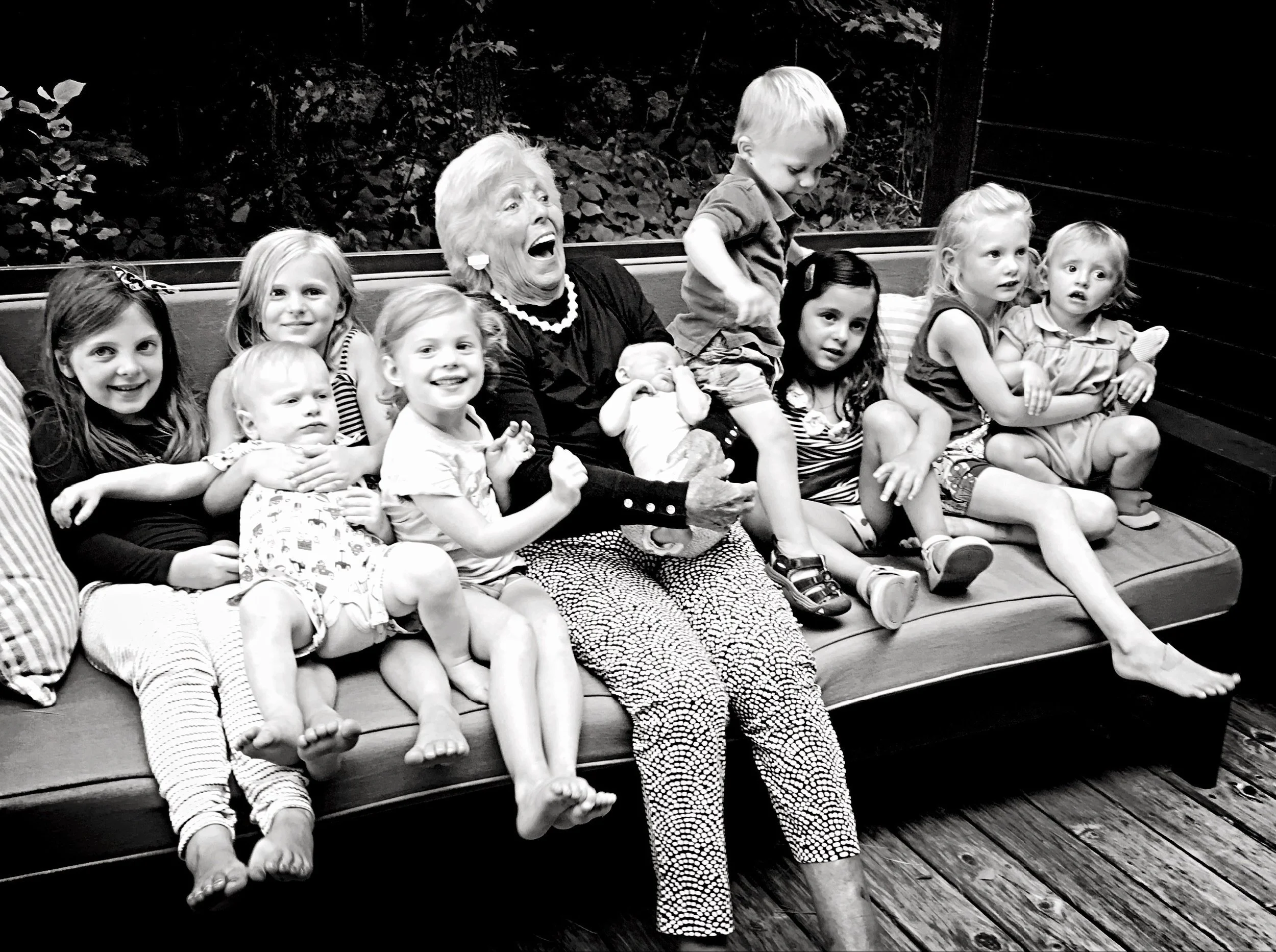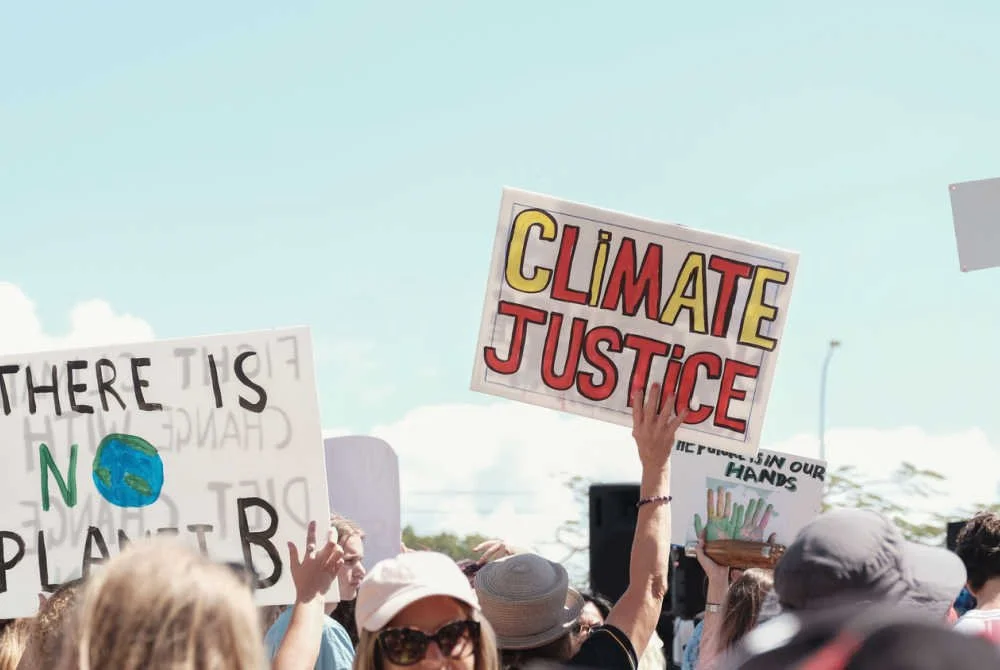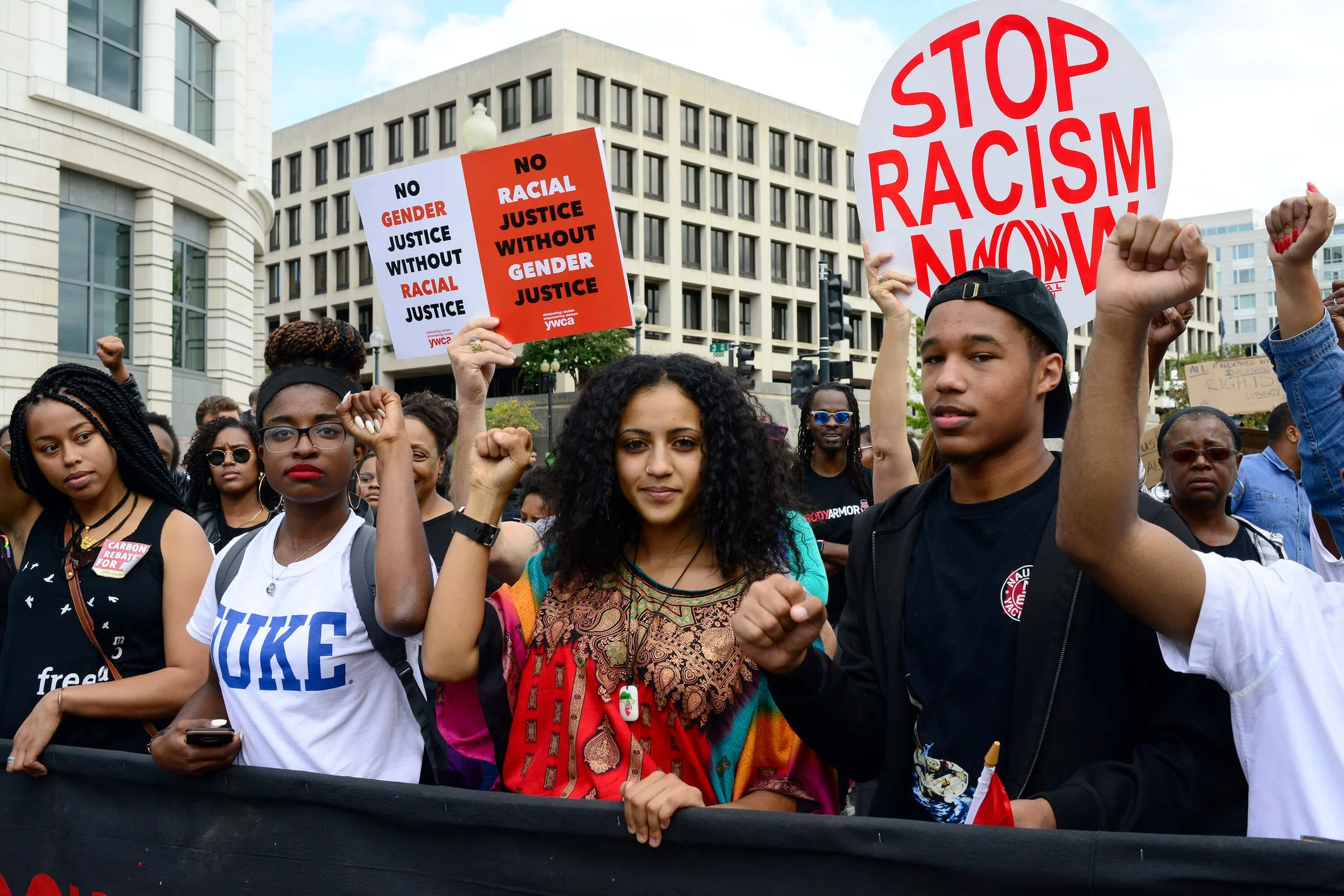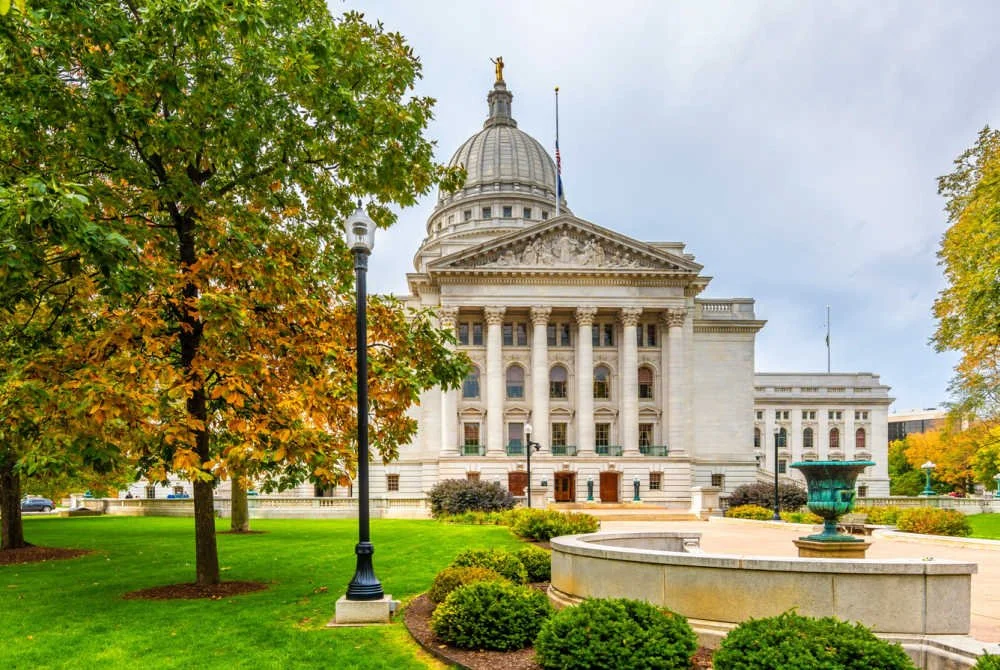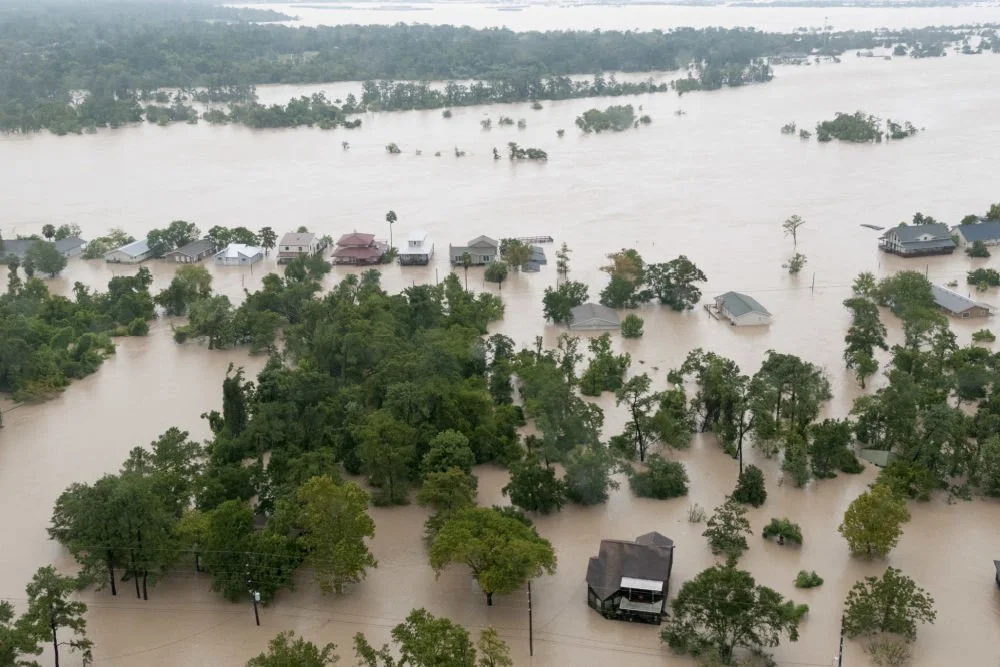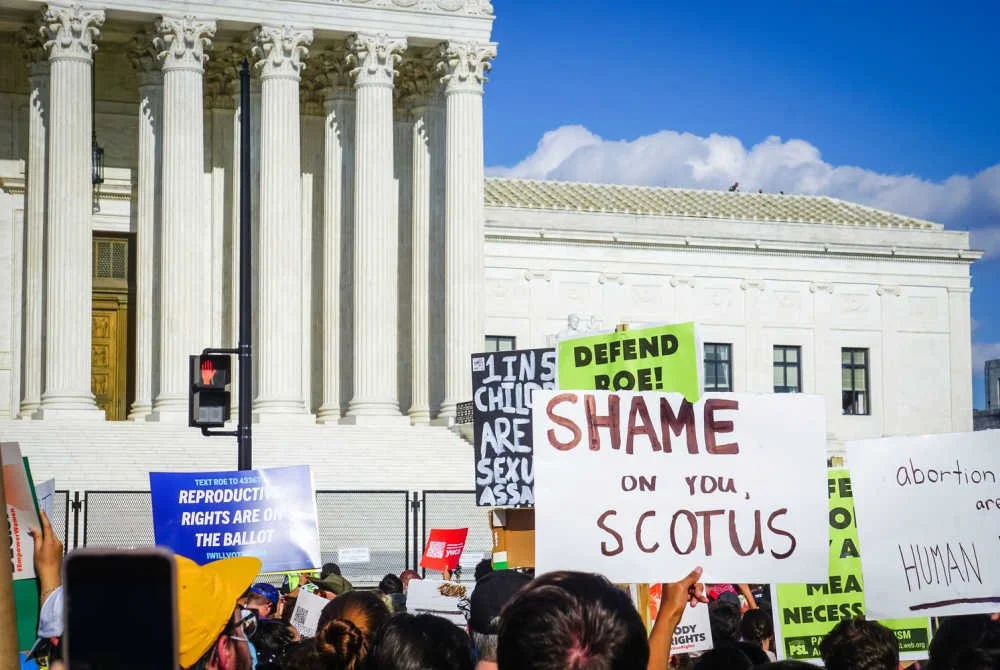
The American heartland has been the source of endless soul searching since the 2016 election. Many in philanthropy found themselves reckoning with just how disconnected they had become (or always were?) from people and problems outside of the coasts and major metropolitan areas.
Despite that soul-searching, progressives and funders still often underestimate the diversity and misunderstand the values in these parts of the country, according to the founders of a new pooled funding initiative trying to bridge this gap.
The Heartland Fund, and the foundations and consultants behind it, are trying to facilitate a turnaround of decades of philanthropic neglect of rural and suburban areas and small cities, starting with organizing and issue advocacy in the Midwest. Launched in 2018 with founding donors Wallace Global Fund and Franciscan Sisters of Mary, the new fund is backing work on economic justice, the environment and health. It also aims to find some common ground around these issues, and as a result, forge connections across cultural and political divides.
The fund made its first round of grants for $500,000 last year, and has a grantmaking budget of $1.5 million this year, although it’s continuing to grow, says Ryan Strode, head of Heartland Fund’s steering committee.
Related:
Green Intermediaries: The Pooled Funds Connecting Donors to the Frontlines of Climate Change
“We Need to Build Power to Win.” A Fund for Climate Justice is Gaining Momentum
“Everything We Care For.” The Future of Progressive Philanthropy Under Trump
It’s one of a number of emerging pooled funding efforts and networks seeking to build stronger connections between the communities, grassroots action, and the often rarefied philanthropic sector.
The fund is taking on tough important challenges, including how to best support those with roots in the region and be responsive to needs on the ground. Those involved are also trying to challenge some of the false dichotomies between supporting rural versus urban communities, or white working class versus communities of color, and instead build power across these perceived divides.
The Misunderstood Midwest
A big part of what’s behind the Heartland Fund is the level of economic need in the region. Many areas of the Midwest, along with much of rural and small-town America, have been suffering as a result of globalization, automation, a weakened public sector, and much more. At the same time, state and national progress isn’t possible without these communities on issues from climate change to health care.
That’s part of the message of a 2018 report by Minnesota-based consultant Ben Goldfarb, former executive director of Wellstone Action. Goldfarb was commissioned by Wallace Global Fund to prepare the report “All the People, All the Places,” which looks at the political context in rural and small-town America, and opportunities and best practices for donors to build power and connections there. The report contributed to the creation of the Heartland Fund—the team now considers it their strategy paper—and Goldfarb is serving as their lead strategist.
“All the People, All the Places” paints a picture of a more diverse heartland than many city-dwellers would recognize, in demographics, potential support for social justice issues, and dynamic leadership on the ground. While areas outside of major metros have certainly been trending to the right over the years, they hold far more complex political landscapes than the stereotype of unemployed, angry white men that might come to mind (although they are there).
For example, rural and small-city America is only 14 percent less diverse than the country on average, and that gap is shrinking, the report points out. There’s powerful organizing already happening there (consider Standing Rock and the Flint water crisis), and even greater potential in indigenous communities and communities of color in small-town, rural and suburban areas. And there’s potential to connect across partisan and cultural divides when issues are framed in the right way. Much of the American progressive identity, the report reminds us, has roots in the farming and labor history in these areas.
Goldfarb also calls out “reductionist caricatures of rural people as uneducated, backward and racist,” misconceptions that feed into disinvestment and neglect from philanthropy. Of course, many of the country’s largest foundations and donors are based in major metropolitan areas, which also contributes to the fact that just some 6 to 7 percent of philanthropy benefits rural areas.
That’s not to say organizing in these areas is a breeze. The report acknowledges some very real challenges: the importance of nurturing authentic relationships over time, needing to acknowledge and work through deeply felt cultural divides, right-wing media and communications dominance, and the impracticality of relying on the national or urban-focused organizing playbooks.
Moving Money
The Heartland Fund is currently backed by Wallace Global Fund, Open Society Foundations, Franciscan Sisters of Mary, and two anonymous backers. It’s housed at the Windward Fund, a nonprofit that incubates environmental initiatives, in partnership with philanthropic consultant Arabella Advisors. Wallace Global is a progressive funder that backs a lot of movement-building efforts, and while based in D.C., founder Henry Wallace had roots in Iowa. Franciscan Sisters of Mary is a Missouri-based congregation that does philanthropy, impact investing and environmental advocacy.
In addition to funders, it’s steered by an advisory committee of grassroots leaders from the communities it supports, including representatives from the networks like Midwest Environmental Justice Network and Western Organization of Resource Councils. “This combination of local, state, and national expertise and networks helps to ensure diverse representation from communities of color, rural communities, and other experts when making decisions,” Strode says.
The fund backed nine groups in its first round, working across a mix of environmental justice, clean water, sustainable agriculture, climate and more. One grantee the fund highlighted, in particular, is the Missouri Rural Crisis Center. The group began in response to the 1980s family farm foreclosure crisis, and builds multi-racial coalitions for justice across rural and urban communities.
The cool thing about the Heartland Fund is that it confronts a truth that I think many on the left (especially those working on climate change) sometimes ignore. We hear a lot from city leaders about how so much of the population, wealth and power lives in urban centers. But logistically and politically, on the deep issues the country is struggling with, we can’t ignore communities outside of these populous islands—nor would it be conscionable. The Heartland Fund also acknowledges the complexity and diversity of beliefs in the United States, and challenges the firewall often depicted between blue and red America, and between the interests of people who come from different backgrounds.
At the same time, our divides can be very real around the issues themselves, and sometimes as a matter of cultural identity, both of which can be very hard to overcome. I do wonder to what extent philanthropy can address that problem (as in the case of Hewlett’s evolving Madison Initiative). But getting as local as possible, and re-engaging in these parts of country, seems like a good place to start.
Related:
Myths and Opportunities: What’s Happening in Rural Philanthropy?
Bypassed: How Philanthropy Forgot About the White Working Class
Which Funders Care About Appalachia and What Are They Up To?
Behind a Push for New Solutions to the Complex Challenges Facing Rural America
Census 2020: Inside Efforts to Make Sure Rural Communities Count










